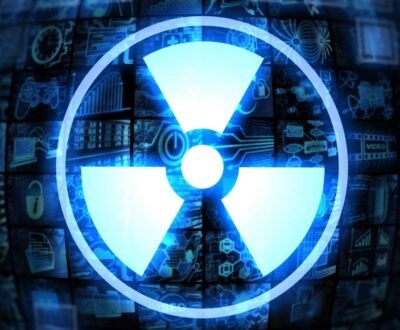Recurring Breast Cancer can be efficiently detected by Magnetic Resonance Imaging (commonly known as MRI). According to the results of a latest study published in the August issue of the peer reviewed journal Radiology, investigators reported that this imaging tool is capable of detecting 18.1 additional cases (per 1000 women) of malignant lesions in subjects with negative results on conventional radiology techniques (such as mammography and ultrasonography) within the United States.

As part of the study, South Korean scientists analyzed the characteristics of cancers, carcinoma detection rates, and MRI performance characteristics in a study sample of 607 females (with an average age of 48 years). The selection criteria of the study population was based on characteristics like; positive personal history of breast cancer or individuals who received breast conservation therapy (BCT). The principal investigators was Hye Mi Gweon, MD from the Seoul National University College of Medicine suggested that 91.8% females went under preoperative MRI examination, and were diagnosed with the malignancy; however, their radiological investigations (mammography and ultrasonography) were negative.
The researchers discovered that MRI identified 18.1 extra cancers per 1000 women (11 additional cancers). The positive predictive value or PPV of MRI was calculated to be around 9.4% (11 positive results from 117 initial examinations). Likewise, the PPV of other investigation tools was found to be 43.5% (10 out of 23 investigations) for biopsy and 91.7% (11/12) and 82.2% (489/595) for sensitivity and specificity respectively.
The independent factors that may positively influence the MRI findings in the setting of recurrent breast cancers are, age less than 50 years at preliminary diagnosis (P<0.001) and interval (more than 24 months) between first surgery and screening MRI (P = 0.011).
Research suggests that women with a previous history of BCT should consider undertaking a breast MRI screening due to high risk of invasive beast malignancy.
About us and this blog
We are a teleradiology service provider with a focus on helping our customers to repor their radiology studies. This blog brings you information about latest happenings in the medical radiology technology and practices.
Request a free quote
We offer professional teleradiology services that help hospitals and imaging centers to report their radiology cases on time with atmost quality.
Subscribe to our newsletter!
More from our blog
See all postsRecent Posts
- Understanding the Challenges of Teleradiology in India January 19, 2023
- Benefits of Teleradiology for Medical Practices January 16, 2023
- Digital Transformation of Radiology January 2, 2023









